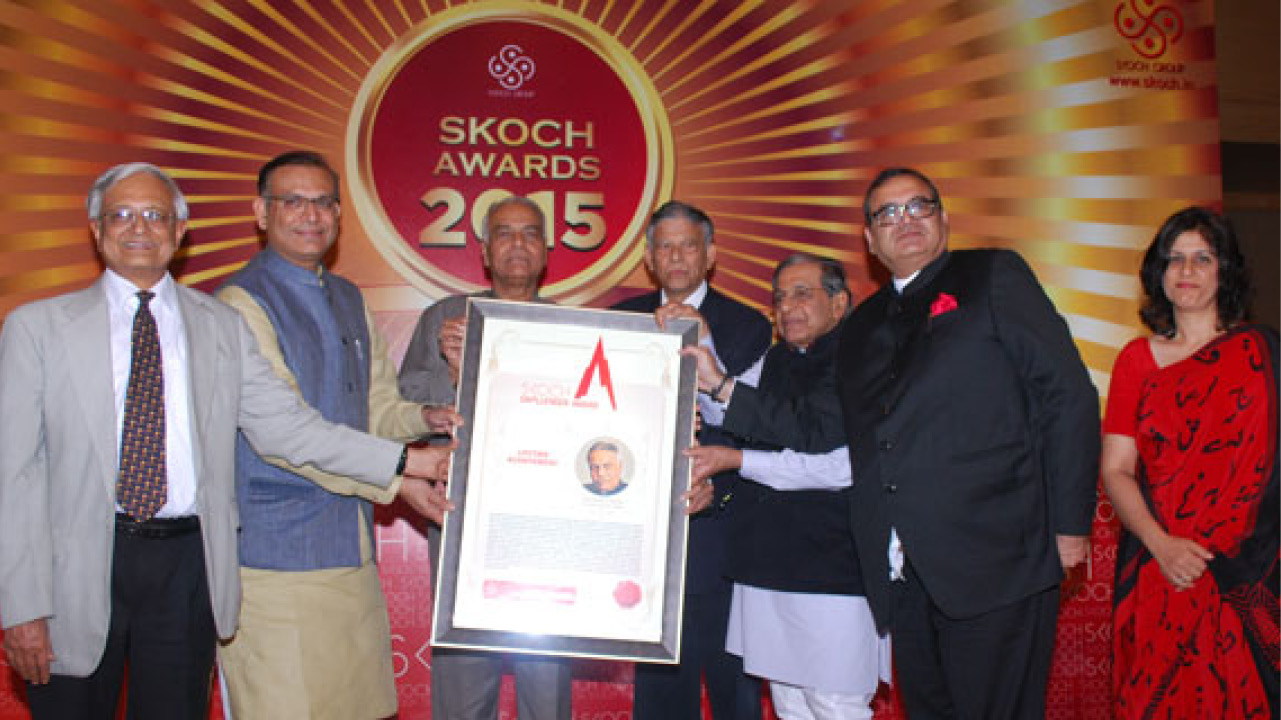Yashwant Sinha: Lifetime Achievement
Former Finance Minister, Government of India
India is promising an ambitious, third-generation economic and governance reform agenda. This should be the time to remember those who strove hard to illuminate the path of the country’s first and second generation of economic and governance reforms. Since the dynamics of the reforms were set in motion in the early 1990s, very few politicians conveyed their commitment to them in clear, unmistakable language and action than Yashwant Sinha. The former civil servant entered politics in the 1980s and went on to serve as the country’s Finance Minister twice between 1990-2002. He had also served as the External Affairs Minister from 2002-04.
As India’s reforms process gathered momentum, Sinha’s second stint as Finance Minister was one of the most consequential in reshaping and reorienting India’s economic policy. He is credited with pushing through several major reform measures, from disinvestment and deregulation of the public sector, infrastructure development to an overhaul of the taxation system. Notable among them were lowering real interest rates, introducing tax deduction for mortgage interest, freeing up the telecommunications sector that brought about the mobile phone revolution in the country and deregulating the petroleum industry. He singlehandedly managed the states to agree to VAT. He even defined India’s competition policy, which resulted in birth of Competition Commission of India years later. He liberalised India’s capital markets, which was accompanied by a major effort to simplify central government taxes by reducing exemptions and deductions and unifying and reducing rates. He is also known as the author of the Fiscal Responsibility & Budget Management Act, a path-breaking law that imposed legal limits on government deficits.



